Frequent Searches
Frequent Searches

 Exclusive Content
Exclusive Content
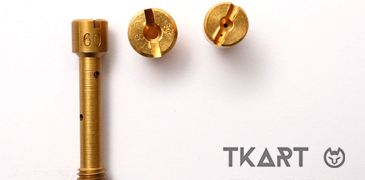
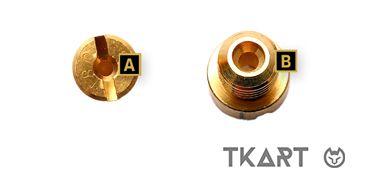
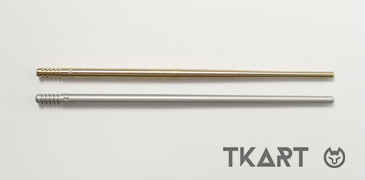
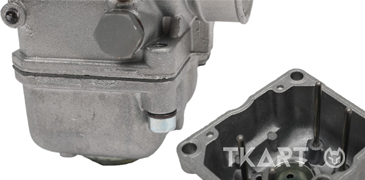
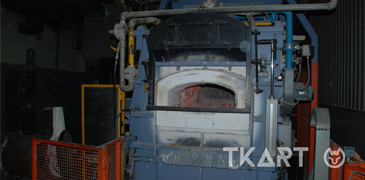
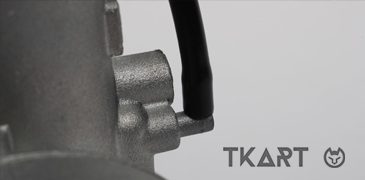
Float bowl carburetors in karting: big truths (and persistent myths!) about jetting, maintenance, and tuning – Part 1 of 6
In karting, when it comes to float bowl carburetors (for more, read “Tech | The Float Bowl Carburetor ”), every driver seems to have their own absolute truth. There are those who confidently claim: “That jet always works”, or “Throttle slide? You never touch it.” But how much truth is there in these statements? And how often are they, instead, widespread beliefs with no real technical basis? To shed some light, we turned to DELLORTO, an Italian company that is among the world leaders in the design and production of carburetors. Together with their Research & Development department, we thoroughly analysed every component of this system, with the aim of distinguishing between technical truths and false myths that often confuse even the most experienced kart drivers. Guiding us through this journey was Giuseppe Riva, R&D lab technician at DELLORTO, who followed us step by step, answering 37 questions collected in a six-part series on this topic. In this first instalment, we focus on some key technical aspects of float bowl carburetor management: the actual fuel flow of jets with the same number across different manufacturers, the role of the conical needle in fuel flow control, and the influence the float bowl has on… Read the article to discover all the answers!
Editor’s note
The answers provided in this series, while occasionally referring to components or solutions developed by DELLORTO, are based on technical principles that apply to all float bowl carburetors, regardless of the manufacturer. Whether used in amateur or competitive karting, this guide offers valuable insights to help optimise carburetion, avoid common mistakes, and gain a deeper understanding of a key component in karting.
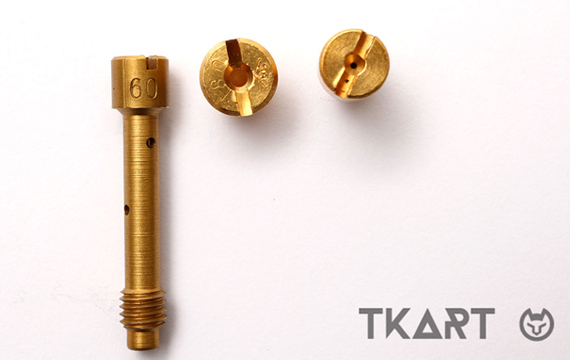
All jets with the same number provide the same flow rate, regardless of the manufacturer
”